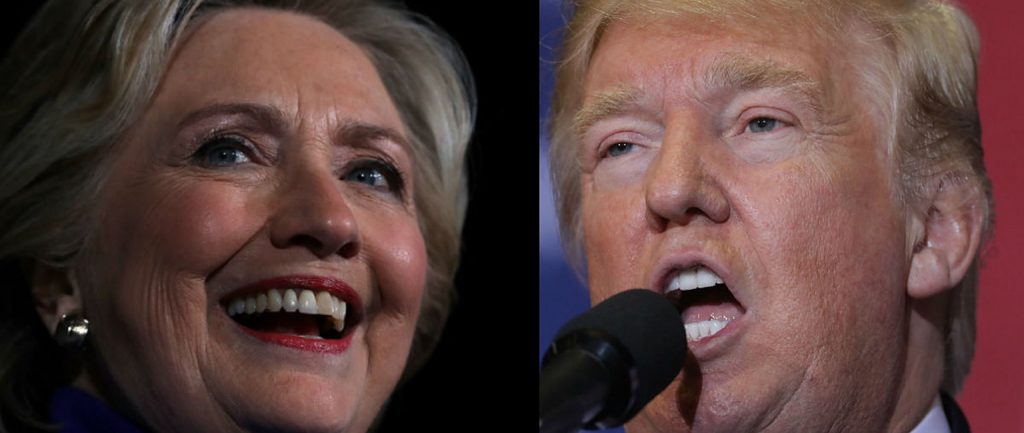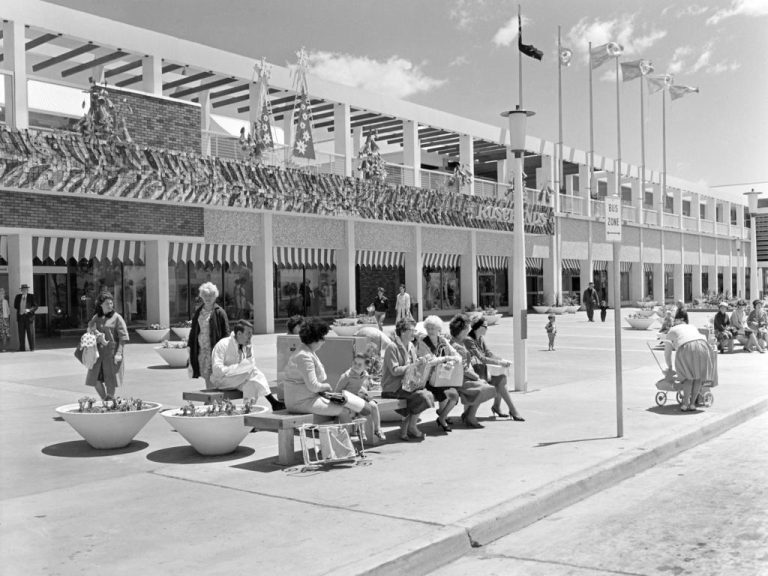Trump or Clinton? What the US election means for Australia

Like many Australians, I’ve been watching the US election unfurl with a mixture of fascination and amusement.
Either Hillary Clinton or Donald Trump will be appointed as the next leader of the free world, so I’ve looked at the impact of both outcomes and what they will mean for our economy and our property market. Australia’s economic growth is tied to the US, as is most countries’ growth.
Putting Trump’s bad behaviour and personal views aside, his tax policies are better for US economic growth. He’s proposed several changes, including a 19% reduction to corporate tax and a simplification of income tax.
Clinton’s tax policies are aimed more towards populist opinion, targeting tax increases to the rich — $US5 million-plus ($6.5 million) — making it less attractive for companies to move offshore. US-based companies are major investors in Australian commercial property, investing $US2.5 billion so far this year, mostly in Sydney and Melbourne.
Many US companies have offices in Australia, while the performance of many of our occupier markets, particularly in Sydney, are tied to US economic performance.
The sheer size of the US economy means our economy will feel the repercussions of major decisions
But the biggest difference between the two parties is their approach to trade, which may have the most impact on our economy — the US being our third-largest trade partner.
The Trans-Pacific Partnership — signed earlier this year and awaiting ratification — will allow trade between 12 Pacific countries including the US and Australia.
Australia would be a key beneficiary of the agreement, so if it fell through, there would be a big negative impact on growth.
While Trump and Clinton both oppose the TPP, Clinton is far more open to free trade and her policies are ultimately more positive for global growth.
Trump, on the other hand, is proposing to renegotiate trade policies between China and Mexico, and if these changes get through congress, they would have enormous negative repercussions for the US — and ultimately the global economy.
The biggest difference between the two parties is their approach to trade, which may have the most impact on our economy
Both parties are also on opposite ends of the spectrum in terms of financial markets. Clinton wants to increase regulation and make banks more accountable, whereas Trump is proposing a reduction in legislation and making it easier for banks to lend. This is a difficult policy to debate and agree on, given the financial crisis. While neither approach is necessarily wrong, a middle ground will need to be reached to get the balance right between giving financial institutions enough freedom to do their jobs and maintaining safeguards that ensure they don’t again undertake risky lending.
So how will this affect Australia and how will our property market react? The sheer size of the US economy means our economy will feel the repercussions of major decisions.
While the US election has captured the eyes of the global media, we can’t forget the enormous shift in other parts of the world. Brexit has had minimal impact so far in Australia, and the political instability in Europe continues to cause challenges.
Australia, in its 25th year of economic growth, is still a safe haven, and the strength of its property market will be able to withstand negative impacts.
But the instability of global politics and its impact on investor confidence may end up being a bigger problem than an oversupply of apartments or the price of an avocado.
Nerida Conisbee is chief economist at REA Group.
This article originally appeared on www.theaustralian.com.au/property.







